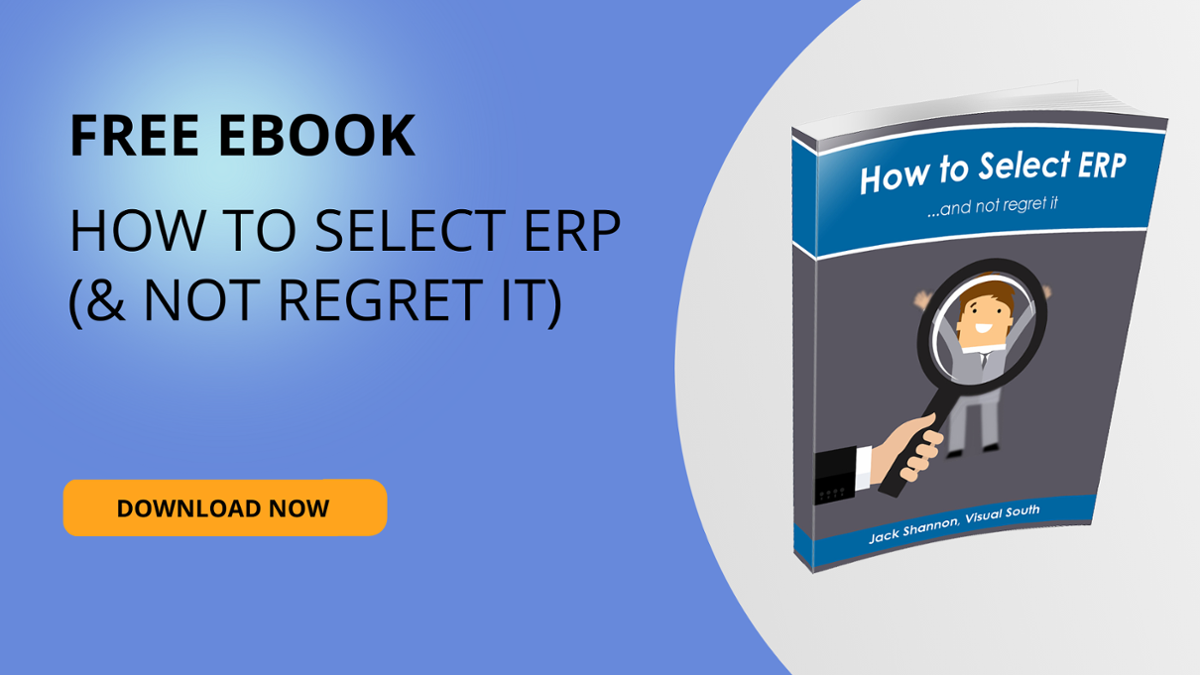Some background before we begin
I speak with lots of companies and many of those conversations revolve around ERP software evaluations. Recently, I’ve had quite a few conversations with companies that are running Sage 500, or any of the other Sage products. They ask me whether the rumors about a Sage 500 end of life are true and if so, what the future holds for their ERP system. To be clear, I represent Infor ERP and that is where my expertise lies. I am not an expert in any competitive solutions, but my views are shaped by what I hear from the people I talk with. In this article, I’ll give a quick rundown of what I think you should expect with your Sage 500 ERP.
The future of Sage 500 ERP
The short answer is yes, Sage 500 is going away. Like many ERP companies, Sage is trying to transition customers from an on-premise to cloud solution. This isn’t because Sage doesn’t want customers to run on premise, but rather that they want customers to be on a subscription model. There are benefits to running a subscription model for you, the customer, but those benefits are not universal. It really depends on your needs. For some background on things to think about when comparing cloud and on-premise solutions, check out this blog.
What typically happens in these situations is a software company announces that they will no longer (or minimally) support their “traditional” or “legacy” solutions. They do this to effectively force a customer to make a choice. The customer can stay on the traditional solution and receive minimal to zero support, or can transition to another, newer solution. The other solution is…you guessed it…a subscription.
I have nothing against subscriptions; I sell solutions that are subscriptions. The important point to remember is that by migrating to another platform (in this case, the X3 product from Sage), you need to be aware that it is a completely different ERP software, developed by completely different resources. Now, you may be saying, “Of course it is a different product!” If that’s the case, kudos to you because you are correct. However, the realization that you’re working with an entirely different ERP can take some companies by surprise because the ERP provider did not clearly explain the process (either intentionally or unintentionally).
Software companies use phrases like “transition tools,” “lift and shift strategies,” and so on to give the appearance that you can move from product A to product B very easily. The fact of the matter is that there’s really no such thing as an easy product migration. Sure, there are tools here and there that may help from a marketing perspective. Or, there are tools that help migrate your data from one system to the other. But the bottom line is if you are running Sage 500 ERP and changing to X3, you are undertaking a new implementation on a new platform. I repeat: You are undertaking a new implementation. If you want your implementation to be a success, no matter what product you choose, you can check out this blog on the characteristics of successful ERP implementations.
Need Help with an implementation? Here's A Practical Guide to Implementing ERP
Now, I am not saying you are wrong to move from Sage 500 to X3. It may be the perfect fit for your business, you may trust and have a strong relationship with your vendor, etc. I’m only emphasizing that you should be prepared for a new implementation if you decide to migrate to the new system. New implementations are not bad, but they also are not easy, nor are they risk free, so any decision to do it should be evaluated carefully. If you are looking for an exhaustive library of content on evaluating ERP, check out this blog.
Selecting an ERP is no small decision and should be taken seriously. If you plan to move to X3 after the Sage 500 end of life, it makes a lot of sense to look at other ERP solutions because you’re already prepared to put in the work of undertaking a new implementation. There may be a better fit out there for you than Sage’s products. If nothing else, talking to other ERP vendors could make you feel better about your decision to move forward with X3. With a decision this big, it’s worth checking out other options in the marketplace.
In conclusion
Don’t miss an opportunity to have an informed decision about which ERP is best for your company as you face the Sage 500 end of life. The right choice may be to transition to X3, or it might not. By looking at all of your options, you will feel better about your decision no matter what you choose.
Most companies don’t evaluate ERP on a regular basis. If you are looking for ERP and not sure where to start, how about talking to an expert who is not a sales person? Click here to learn more about Bryan Foshee, and sign up for a free phone consultation to discuss your situation.









